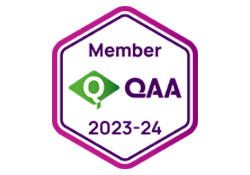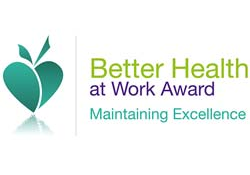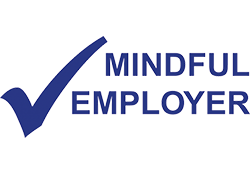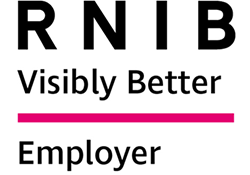Accommodation
Before you arrive in the area, it is important to decide which type of accommodation you want and where it is that you may want to live.
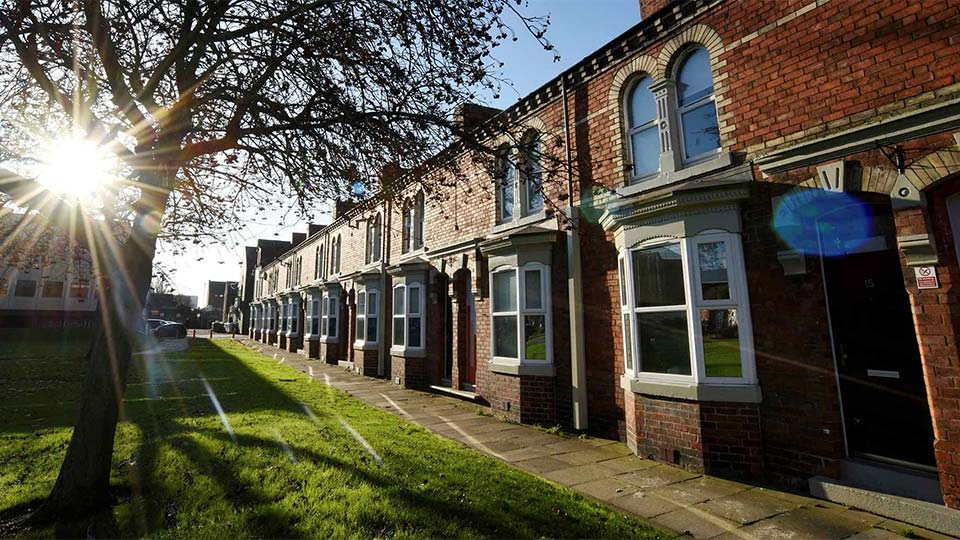
We recommend organising accommodation as soon as you have accepted your offer of employment or received notification of a visa being approved. Postcode Area will give you some understanding of the area and local information.
You may not be able to organise a permanent place to live until you have arrived in the UK, viewed the accommodation, and supplied necessary documents. Unfortunately, we are not able to provide accommodation for staff use, so we have listed some local hotels and rentals below, which may be useful in the short-term until you find longer term or permanent accommodation.
- Premier Inn Middlesbrough Town Centre Hotel
- Travelodge Middlesbrough
- Holiday Inn Express, Middlesbrough (discounts are available on longer stays, which may be useful for new staff relocating to the area. For details of a TU staff discount email employeeengagement@tees.ac.uk)
- Leonardo Hotel Middlesbrough (discounts may be available to employees. Please email northeastsales@leonardohotels.com for further information)
- Airbnb
Renting
You may wish to rent, also known as to let, a property when you move to the UK, where you will enter into a contractual tenancy agreement with a landlord. This is a document, in writing, which sets out the rights and responsibilities of both the landlord (the owner of the property) and tenant (you).
The average monthly rental for properties in the North East is the lowest in the UK however, the rent will depend on the size, condition, and location of the property. Rental lengths are typically between six months to one year but will vary depending on what is required between you and the landlord.
There are two ways to rent; directly from a landlord, or through a letting agent. It is important that you look for landlords who belong to an accreditation scheme and letting agents who are accredited through a professional body.
Further information about renting in England
You have to also prove your right to rent.
See the website links below for properties to rent:
Deposit and monthly payments
Landlords and letting agents often ask for a tenancy/security deposit, before you sign a tenancy agreement and move in. A tenancy deposit cannot usually be more than five weeks' rent. The deposit will be refunded back to you at the end of your tenancy, subject to the rent being paid and the property being returned in good condition. The deposit must also be protected during the tenancy.
Find our more about deposit protection
Inventory
An inventory is a detailed report on the condition of the rental property and contents for an unfurnished, part-furnished, or fully furnished property. Usually somebody from the letting agent or the landlord will complete the document and check all fittings, fixtures, appliances, and cosmetics. All damage will be noted. If possible, you should try to attend the initial inventory check by the landlord or letting agent however, if you cannot make this it is important that you go through and check the report as soon as you have moved into the property. This should be signed by both the landlord or letting agent and yourself to confirm that this is an accurate representation of the condition of the property to prevent later disputes.
Buying
If you are planning on staying in the UK long term, buying a property may be a practical solution. Similar to renting, the cost of the property will depend on the location, condition and size. You may be required to take out a long-term loan to finance a property, called a mortgage. If you are considering buying a property in the UK, you will find useful information on the below websites:
- How to buy a home in the UK
- Home buyer guide
- Buying property in the UK
- Mortgage Advice Bureau
- Which?
The below are costs that you will incur and be responsible for if you buy your own home in the UK.
Upfront costs buying a house in the UK
- Stamp duty
- Mortgage costs
- Legal fees
- Land registry fees
- Removal costs
Ongoing costs of buying a home in the UK
- Mortgage repayments
- Maintenance and repairs
- Insurance
- Regular bills
- Leaseholder costs
- Council tax
Further information
If you have any queries about this guide please contact the School/Department in which you will be working, as they will support you. The HR Department can offer general advice, please email hrrecruitment@tees.ac.uk.
Please note: The inclusion of a link to another organisation's website from any pages on this website does not constitute a recommendation or endorsement of that organisation or its website by the University. The University cannot be held responsible for the content of any external link from this site.




